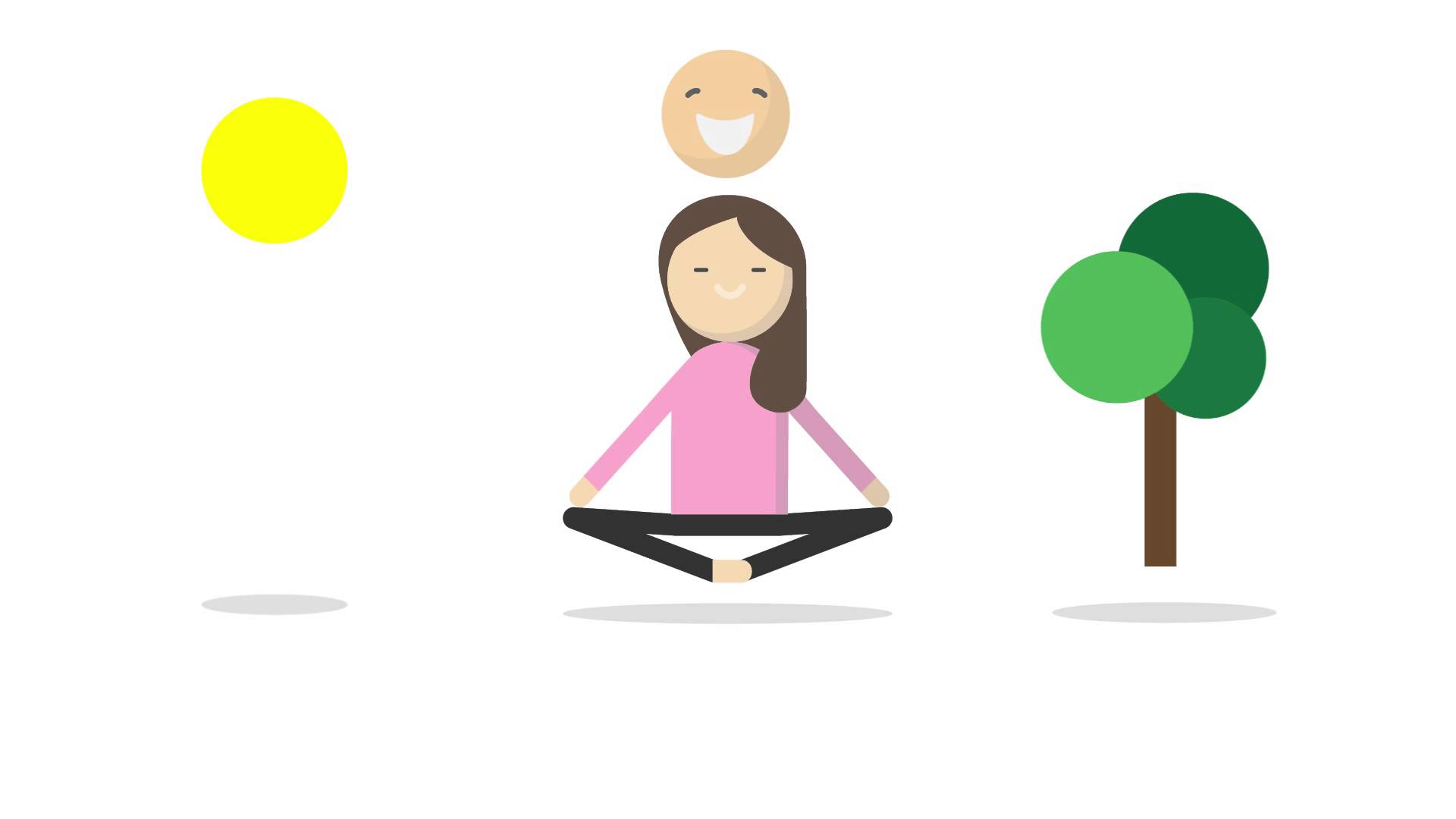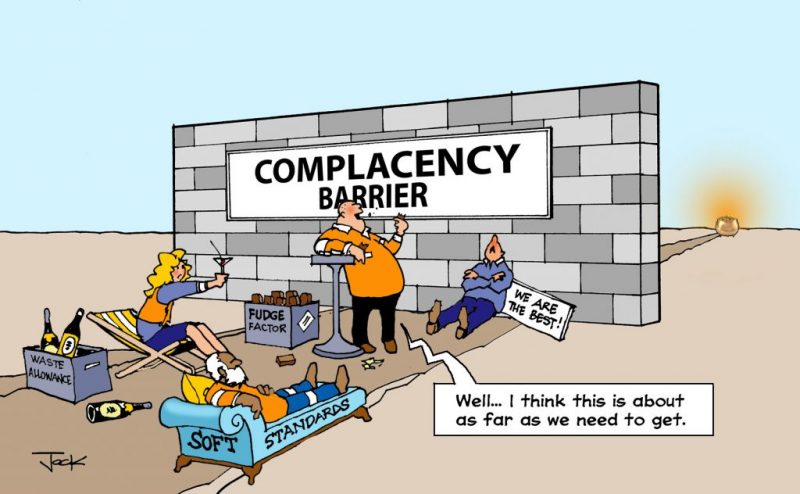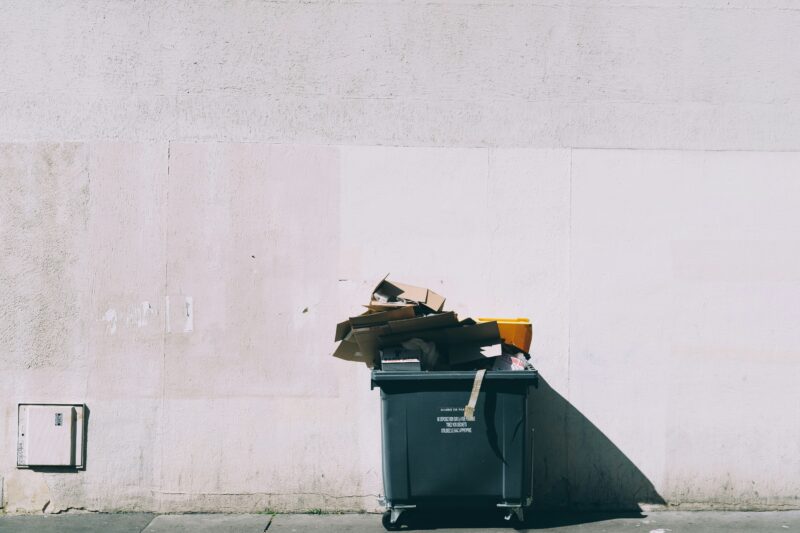South Australia – State of Mind (March 2020)
While younger South Australians are more optimistic about the future than older South Australians, they have higher signs of finding the stresses of life more challenging.
Below is a summary of key finding from a representative survey of 400 South Australian adults conducted 20th to 25th of March 2020, as the COVID-19 Virus had just begun to have significant impact on our lives. Square Holes has conducted ongoing research since 2013 to track measures of confidence and perceived financial security. In addition, the current state of mind of South Australian’s has been observed in 2020, to gain a deeper understanding into the mental health and wellbeing of humans during times of change.
Of particular note, 43% of South Australians believe the next 12 months will be worse than now. The highest levels since Square Holes monitoring of this commenced in 2013. Other than 25-29 year olds, more people across all age groups believe conditions will worsen than improve. Financial security is anticipated to worsen over the next 12 months for 36% of South Australia, again the highest level since monitoring commenced. Pessimism is strong across all age groups except 25-29 year olds, and is particularly high amongst older South Australians.
At this point in time, most people appear to be managing their mental health well, although it will be interesting to monitor this over time as COVID-19 continues to be destabilising for many for six months and likely well into the year and years ahead. Interestingly, early signs are that younger South Australians are showing more signs of mental health risk.
South Australians are finding joy in unprecedented times from family, friends, pets et cetera.
The below largely provides benchmarks upon which the impact of COVID-19 on the State of Mind of South Australians can be assessed. The findings will be monitored monthly to track changes and to identify areas of improvement and worsening, and to identify opportunities for innovation and intervention. If you would like to contribute to the survey, assist in defining key areas of investigation or partner in any way, please contact Jason Dunstone via jason@squareholes.com or via squareholes.com/contact/
Confidence in the future weakens
Unsurprisingly, confidence in the next 12 months is at its lowest observed level since tracking began in November 2013, with 43% of respondents (South Australians aged 18+) indicating a lack of confidence in the year to come.
Yet, some particularly younger people remaining confident.
“I feel lucky to live in Australia”
“I feel everything in my life is going to be fine”
“Life goes on”
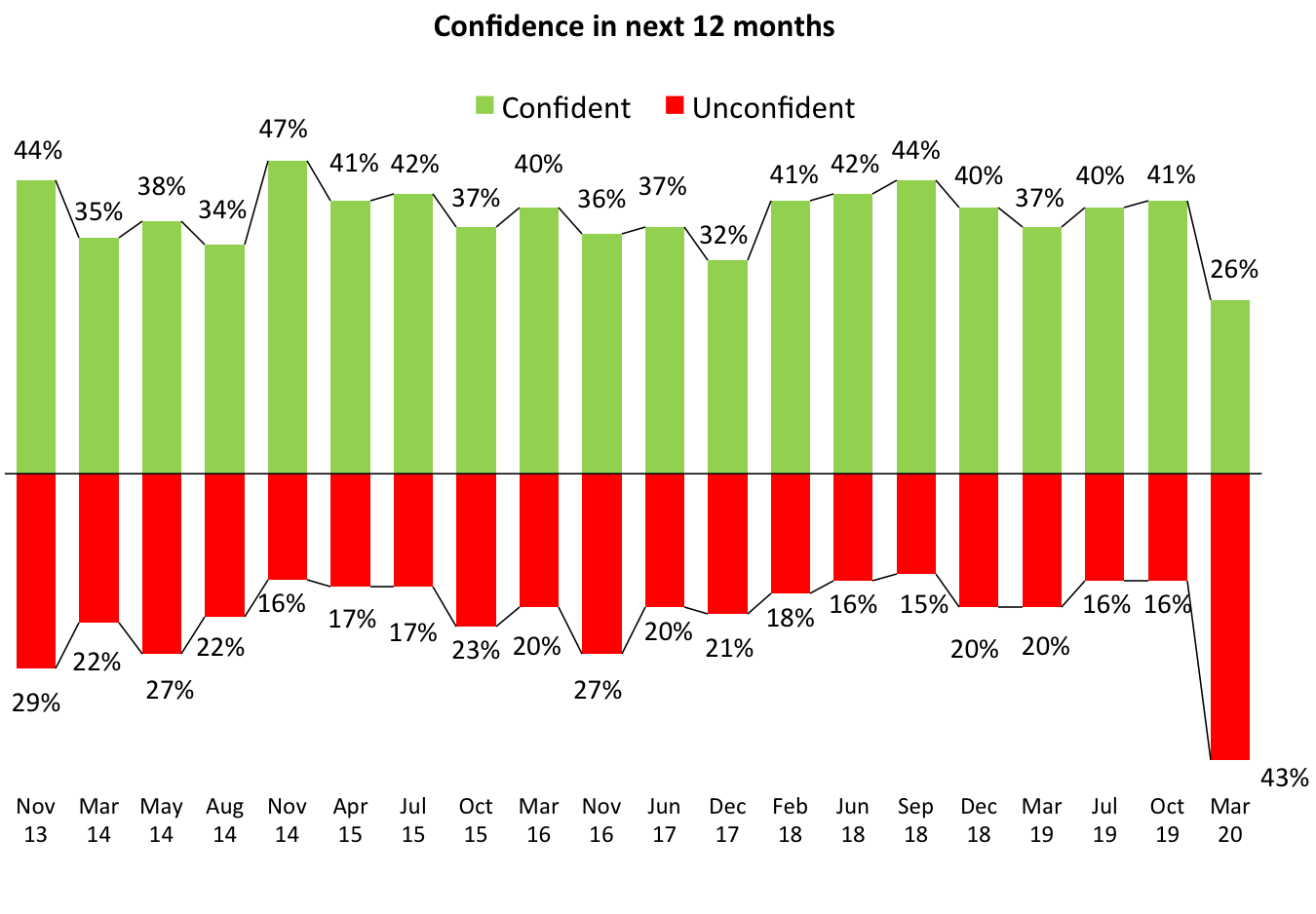
Those aged 29 and under are most assured, with only 18% of 18 – 24 year old’s and 20% of 25 – 29 year old’s being unconfident.
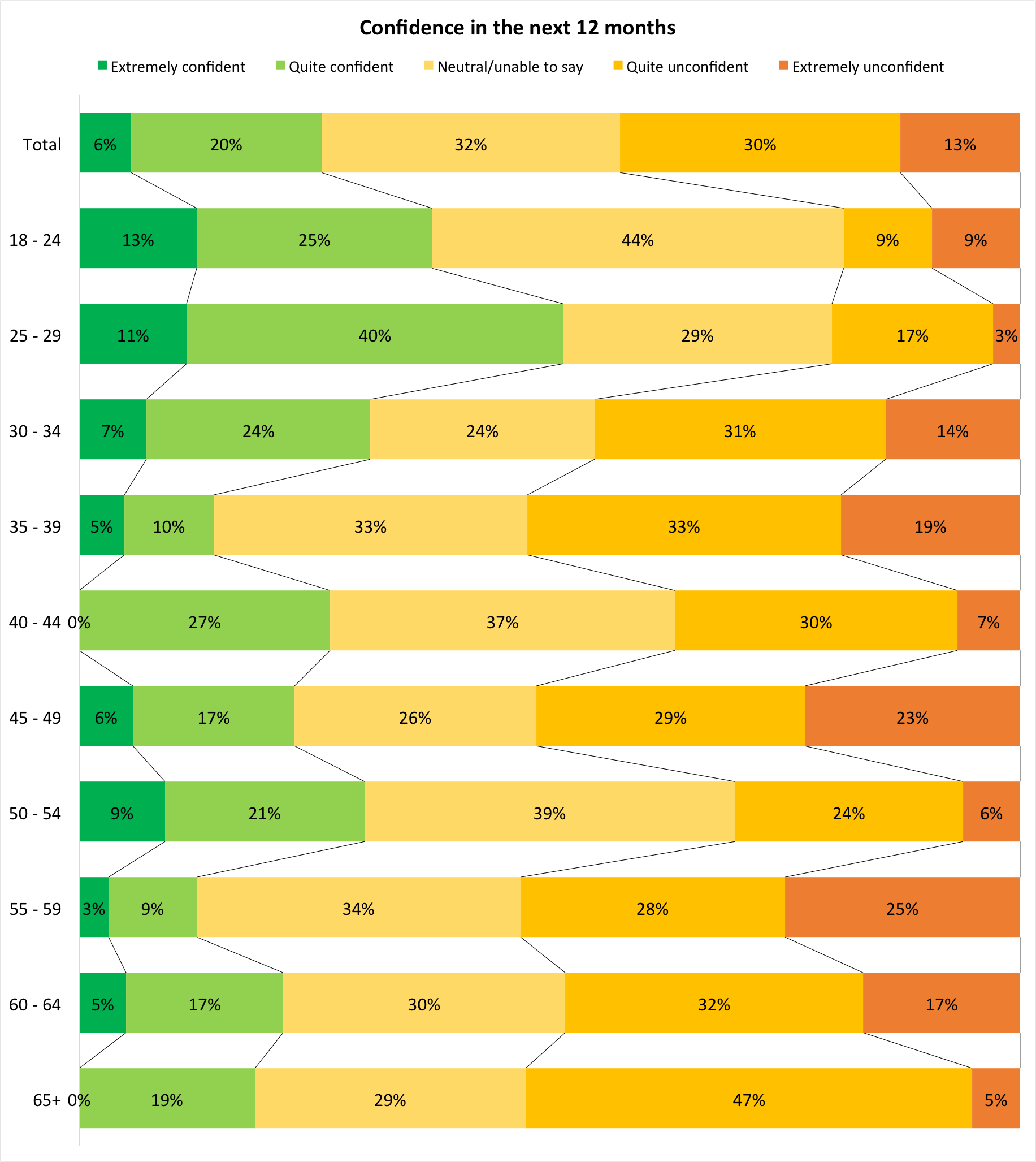
Financial security is at it’s lowest
A marginally larger proportion of the population view their financial security as worse, rather than better, now than 12 months ago. A larger proportion believe the next 12 months will be worse than now (36%), with 23% viewing the next 12 months will be better than now.
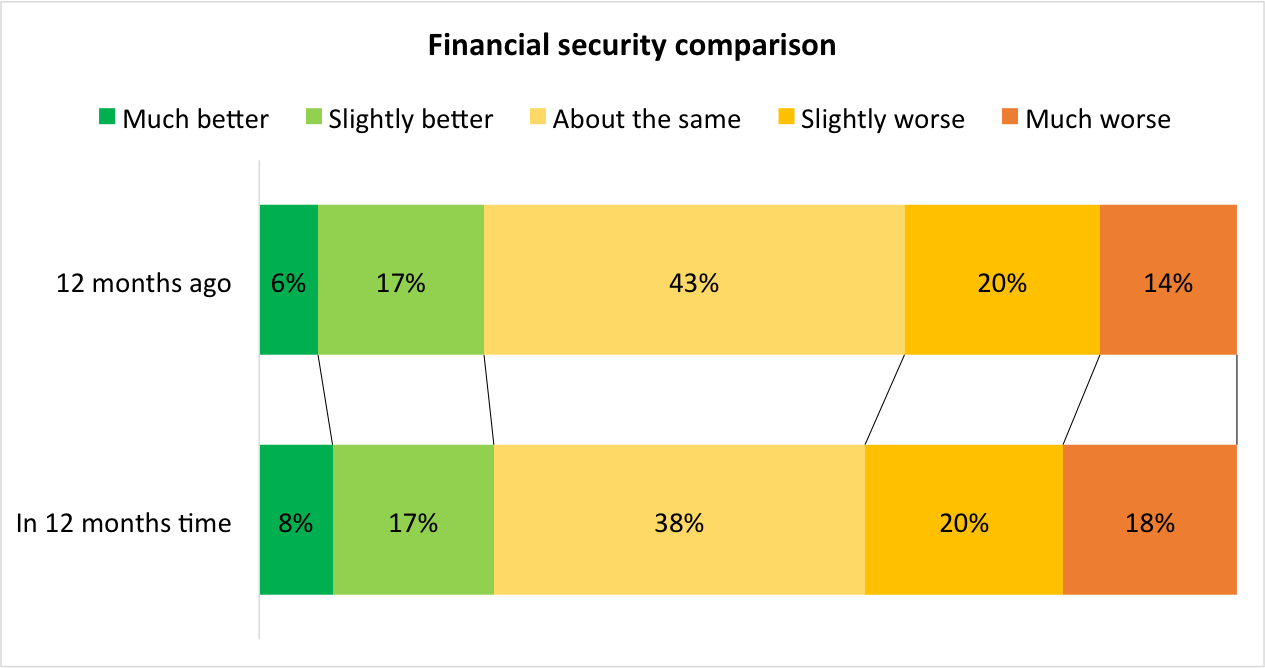
Financial security compared to 12 months ago is consistent with previous tracking measures at 24%, whilst perceived financial security for the coming year is believed to become worse by 36% of respondents [lowest level since May 2014, 35%].
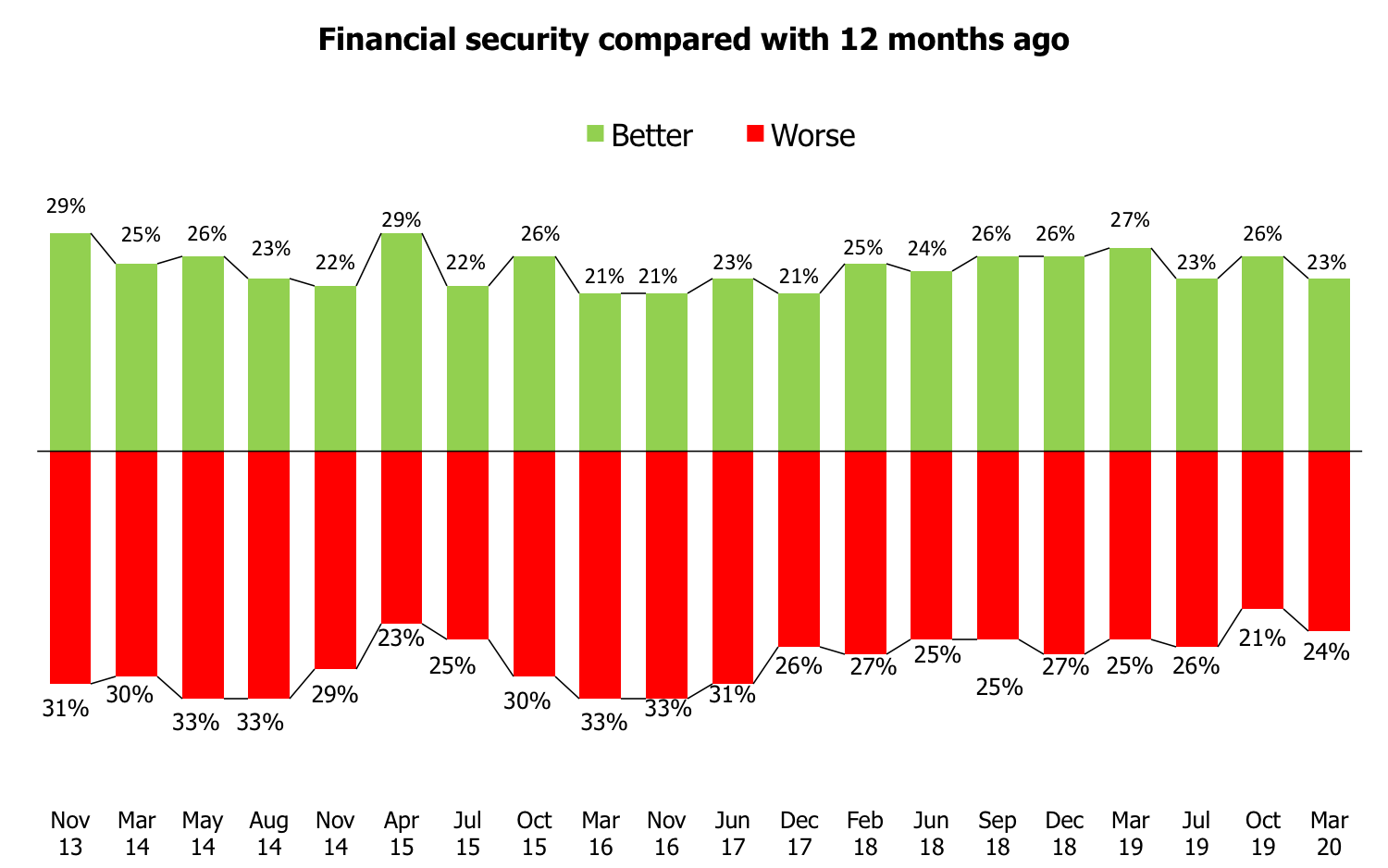
“The impact of the Coronavirus on top of bushfires means a big hit on the economy and my super balance”
“I am concerned about the health and safety of my family due to the coronavirus situation that is affecting the whole world”
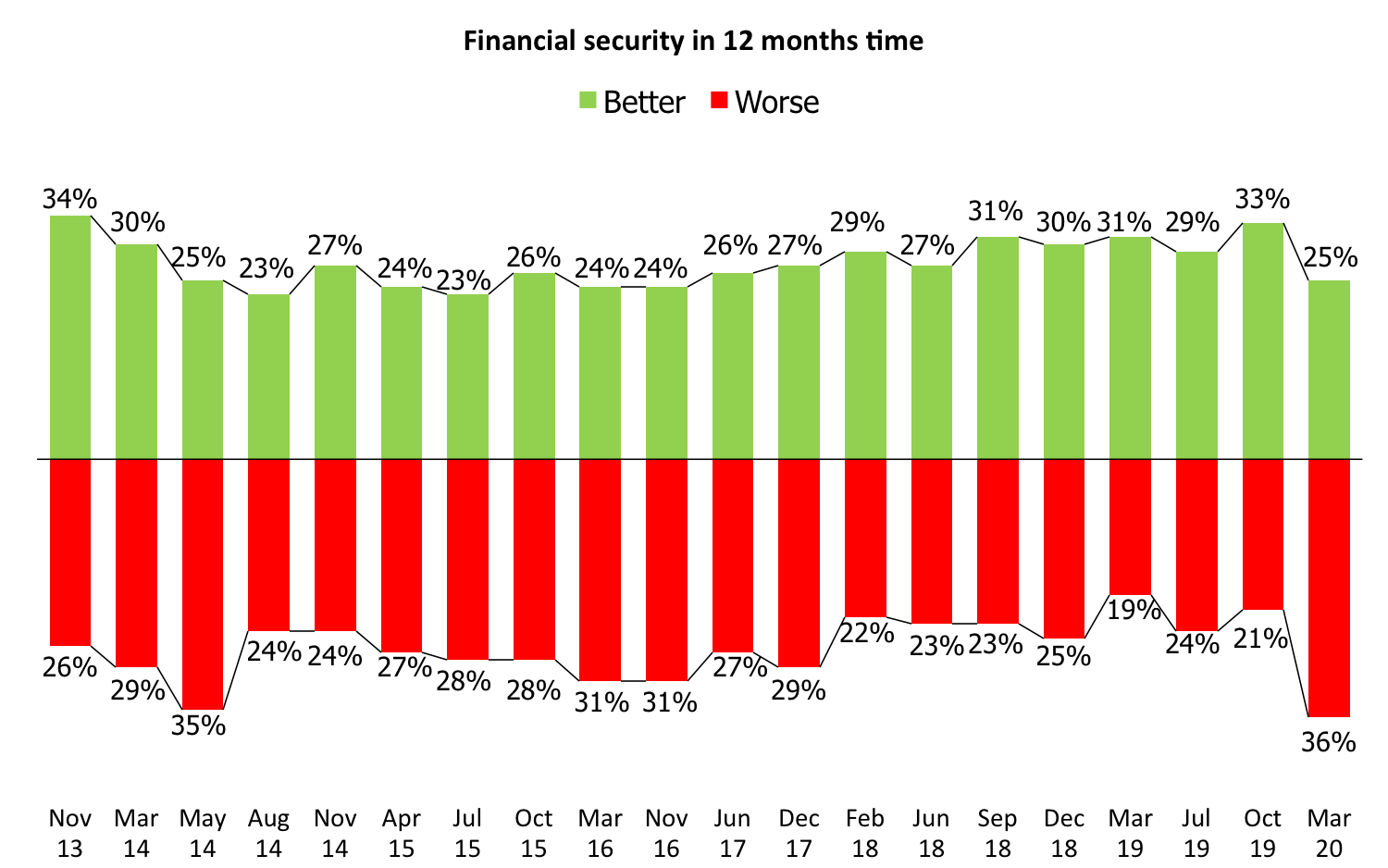
Those aged 55+ are most concerned about their financial security, with approximately half believing their financial situation will worsen in the next 12 months. “My age will not be enough time for the inevitable recovery“.
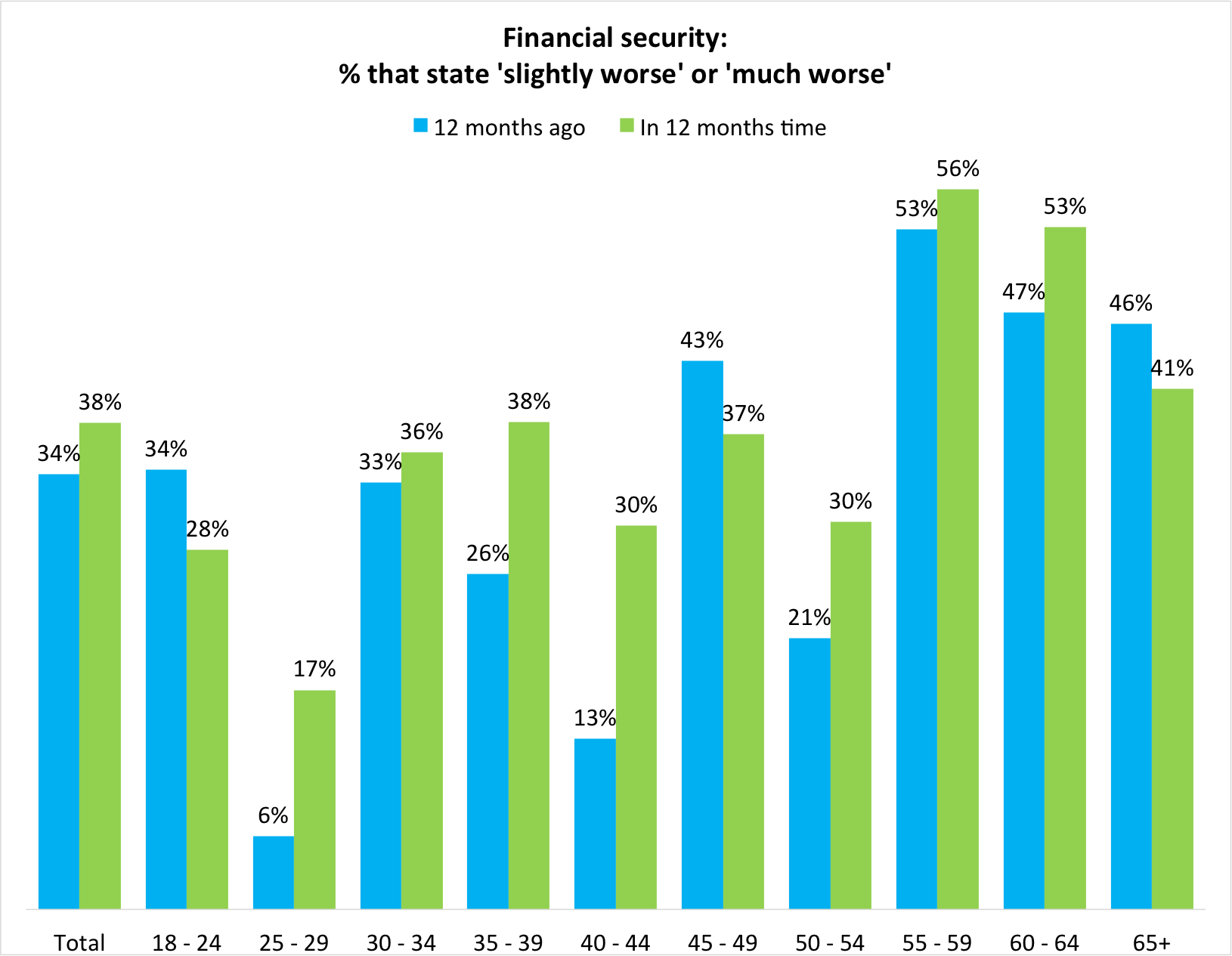
Mental health is generally strong
Over half [58%] indicated their mental health and wellbeing is similar to this time last year, with 21% noting a decline in their wellbeing.
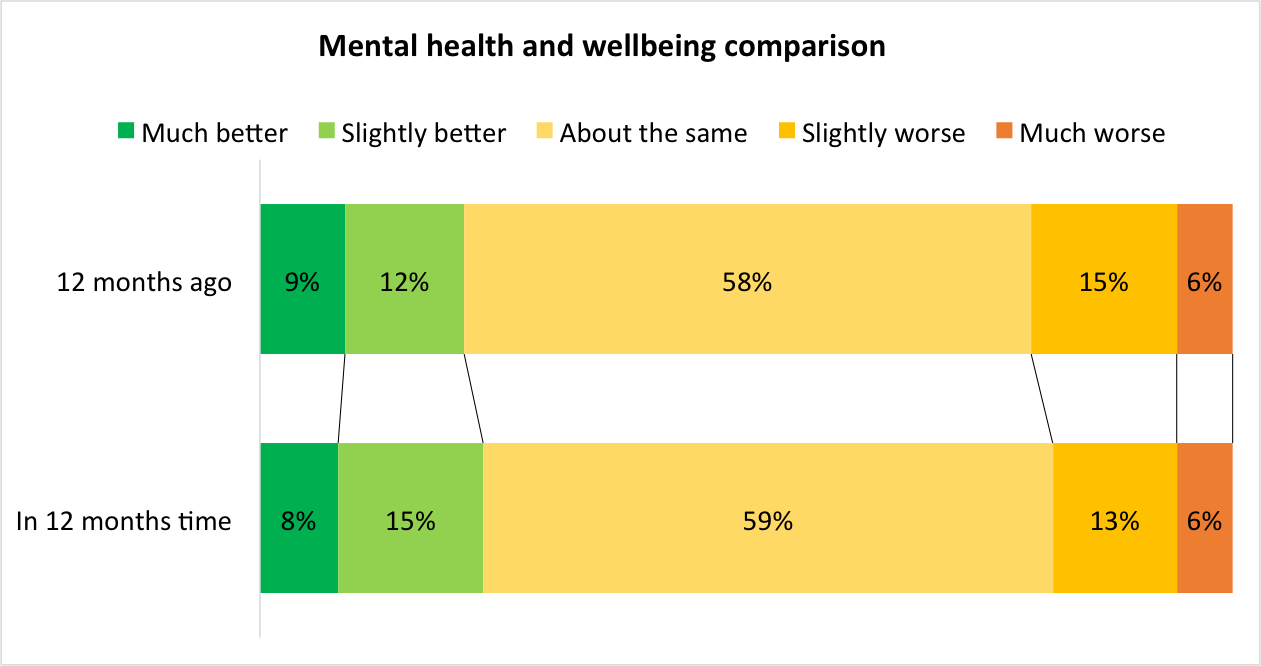
Those aged 30 – 34 and 45 – 49 show stronger than average levels of declining wellbeing compared to 12 months ago [36% and 37% worse respectively, compared to 21% on average]. That being said, insight into the same time next year is far closer to the average 19%.
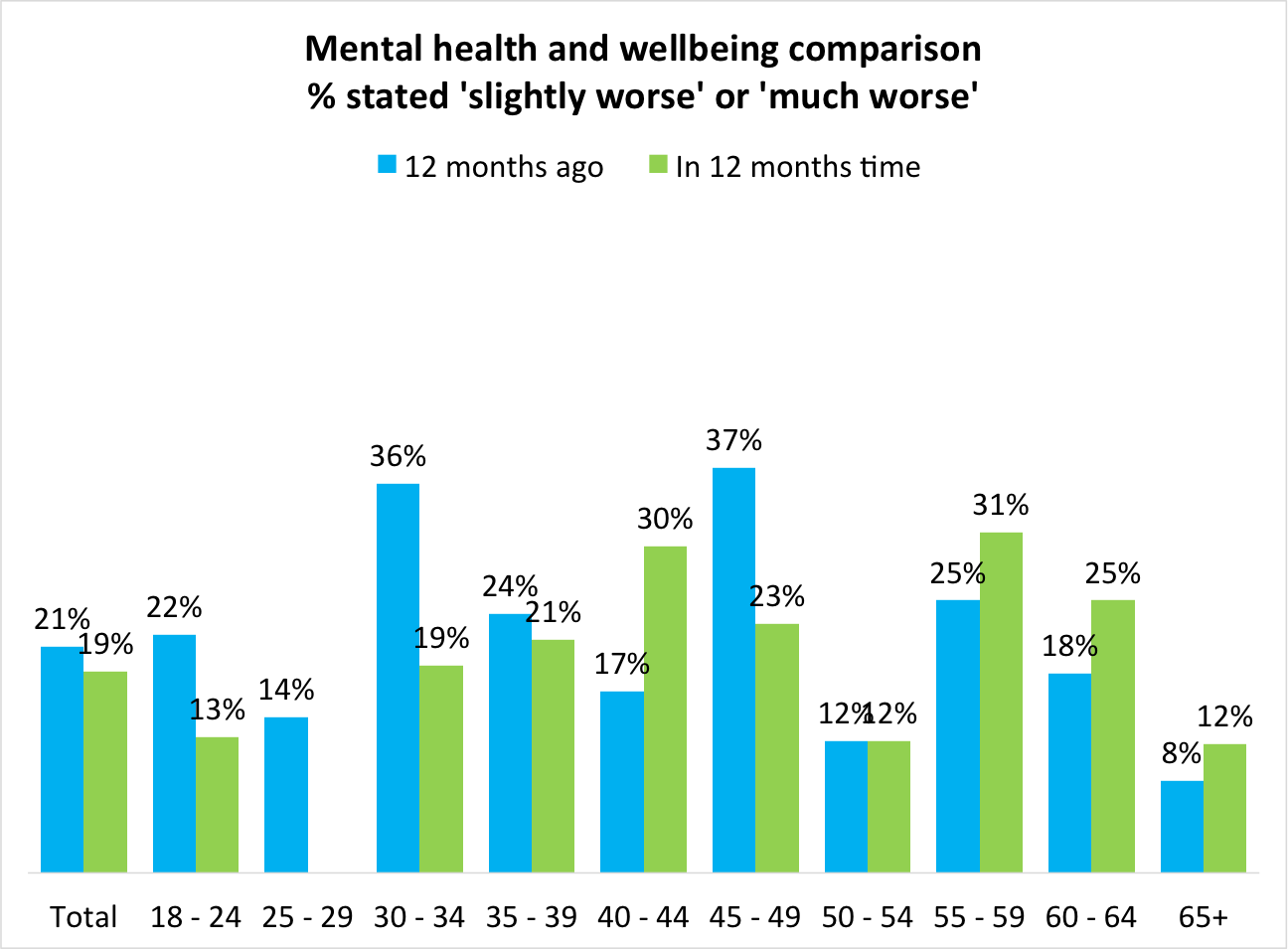
Warning signs for mental health
Key areas of angst stem from ‘being tired for no good reason’ [22% occurring most or all of the time], ‘everything being an effort’ [19% occurring most or all of the time] and ‘feeling depressed’ [17% occurring most or all of the time].

Those aged 18 – 24 are most effected by these anxious feelings, noting the highest level of common occurrence [most or all of the time], across all but three attitudinal statements.
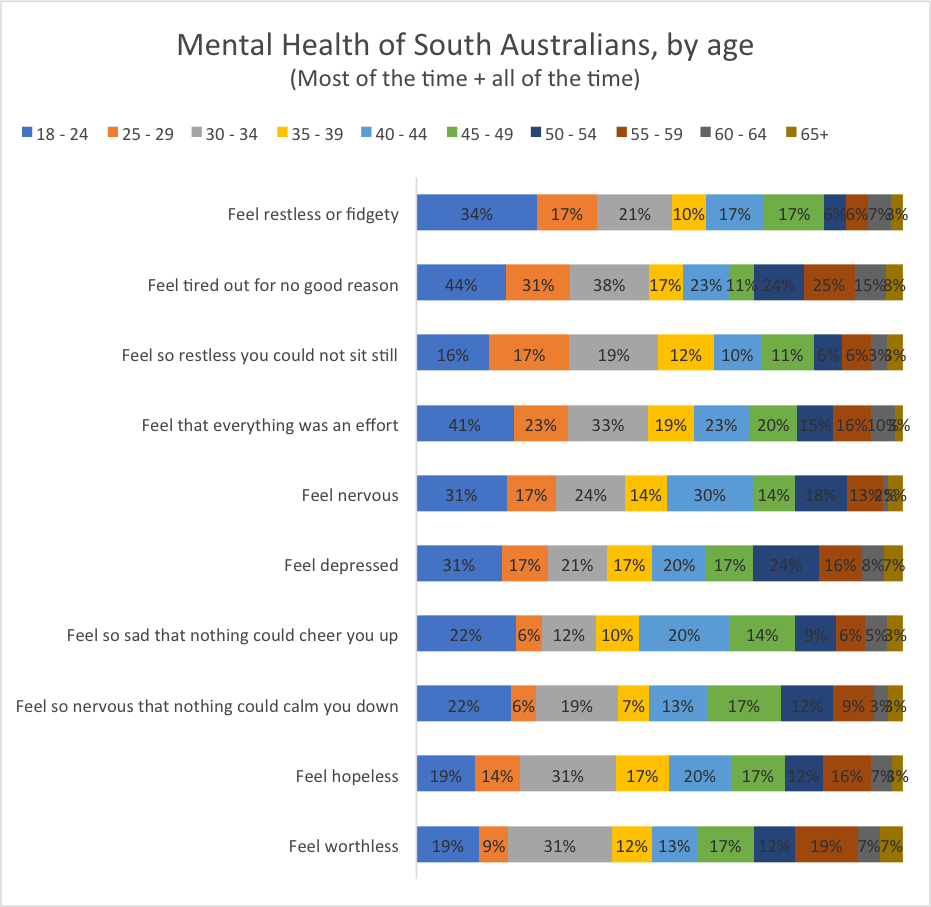
Finding joy in family, friends and pets et cetera
The constant of family and friends. The simplicity of the garden, the outdoors and books. Faith and positivity. Accepting and embracing change. The event that has stopped the world has brought change to us in many ways, including positive and unexpected activities we often take for granted, or do not make time for.
“My children and unexpected family time.”
“Talk to family & friends. Read a book. Do simple cards games.”
“Keeping busy with home, garden, reading, listening to music, Meals on Wheels cooking commitments, Probus club commitments.”
“The good news stories despite the virus – people reaching out and doing entertainment gigs on social media, people finding ways to stay connected despite social distancing requirements and the decrease in pollution due to lockdowns in countries like Italy.”
“The fact I have a beautiful partner who has lived through depression and anxiety just like I have. We have both found comfort in each other to tackle the future. Between us we have 5 kids who bring us joy of just being unconditional loving parents.“
“I’m just a very positive person and have faith things work themselves out. Things are always changing anyways. My 7 month old daughter is the sunshine of my life and she brings me joy everyday and connecting with my friends as well.“
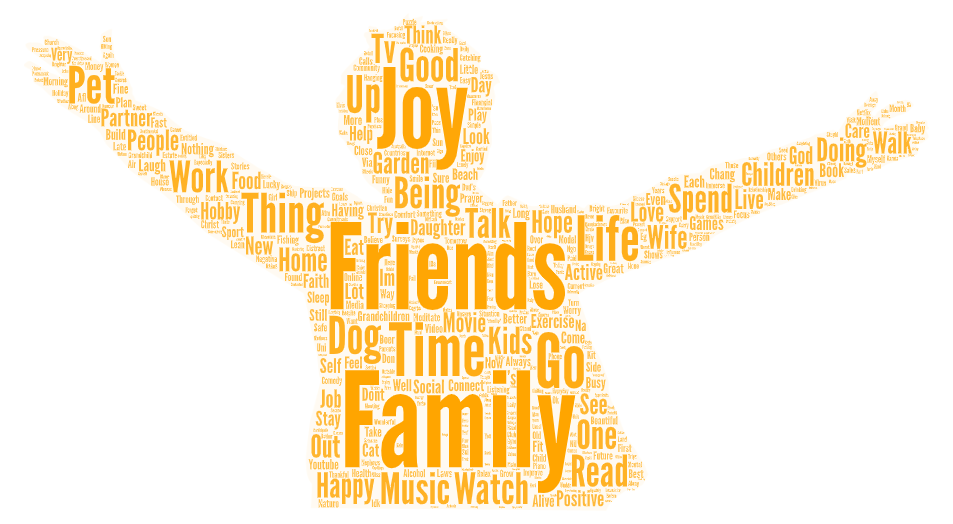
If you would like to contribute to the survey, assist in defining key areas of investigation or partner in any way, please contact Jason Dunstone via jason@squareholes.com or via squareholes.com/contact/
